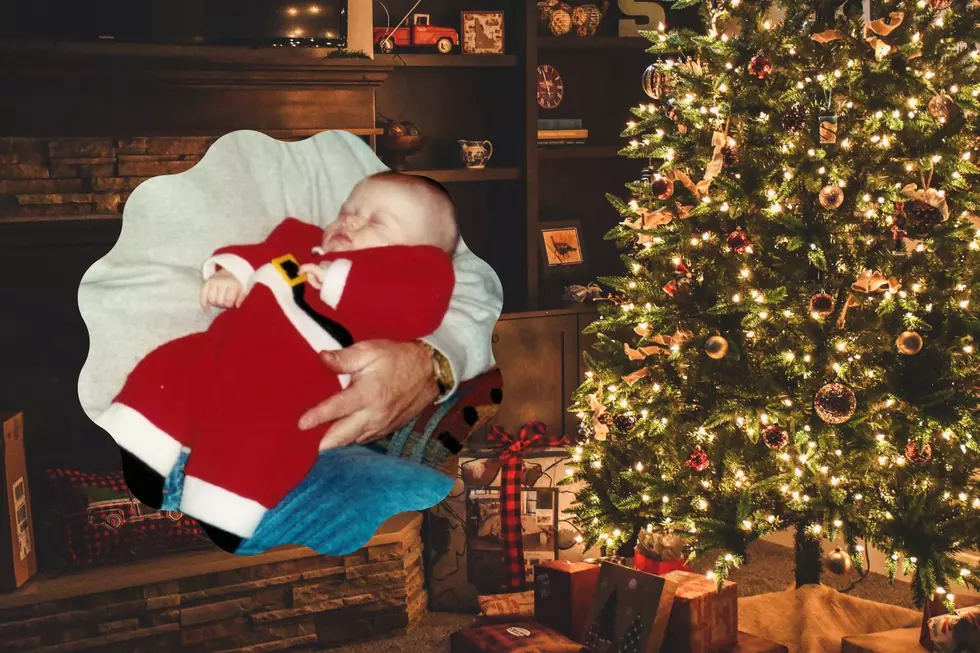
Holiday nightmare: A Christmas tree nearly killed my son
I have kind of a love/hate relationship with the Christmas tree.
There is perhaps no greater symbol of Christmas than a beautifully decorated tree with twinkling lights and brightly wrapped presents beneath the boughs.
There was, however, that one year a Christmas tree nearly killed my youngest son.
It was December 2000 and my son had been born just three months prior. This was his first Christmas, and the house was all decorated for the holidays.
A 7-foot-tall Blue Spruce stood in the corner of the living room. It was adorned in colorful lights and on the branches hung multiple generations of hand-crafted ornaments.
It was the perfect scene for baby’s first Christmas.
My son was fascinated by all the lights and shiny things, he was literally mesmerized by it all.
So, we placed him in his bouncy seat and sat him right next to the tree. We did this multiple times a day.
A few days before Christmas he started to get a little sniffly. At first, the pediatrician said it was nothing to be concerned about.
The night Santa arrived; he was up all night with a cough.
By the next day, he was wheezing and struggling for breath.
He ended up hospitalized for nearly a week as the doctors tried to figure out what had caused the respiratory distress.
Was there anything new in the house or our routine? Did we change laundry detergent or fabric softener? Were there new pets?
The doctors were convinced that it was some type of severe allergic reaction.
We could not think of anything that had changed.
Except the tree and all the decorations.
One of the doctors suggested it was something called “Christmas Tree Syndrome,” a condition where your Christmas tree literally makes you sick.
An allergy test also revealed a strong reaction to tree pollen, especially from pine trees.
That was the last time we ever had a real tree. We put up a fake tree, but it’s not quite the same, but at least my son was able to enjoy the holiday outside of a hospital.
With the kids grown and on their own, I wonder if I should even put up a tree at all. (That, however, is a totally separate discussion)
Level of concern
Since that terrifying Christmas 22 years ago, I have seen a lot of debate about so-called “Christmas Tree Syndrome,” and even if it is real.
A study done in the 1970s was the first to raise the issue of possibly toxic trees due to pollen, dust and even mold.
In 2011, a study published in the Annals of Allergy, Asthma and Immunology identified more than 50 mold species. 70% of the identified spores were potentially toxic to humans.
There does seem to be a consensus among the medical community that you may want to reconsider a real tree if someone in your home has severe allergies, asthma or other breathing conditions.
Artificial trees may not be much better
If you are sensitive to tree pollen, and pine pollen in particular, an artificial tree could be a safer alternative.
However, if it is mold and/or dust that is triggering your symptoms, consider where you are storing your tree.
If you lug the tree up from the basement or down the attic, it could be covered in dust and with mold growing amidst the artificial branches.
The best advice, experts say, is to make sure your artificial tree is stored either in its original packaging, or wrapped in plastic, and then placed in a cool, dry location until next Christmas.
Eric Scott is the senior political director and anchor for New Jersey 101.5. You can reach him at eric.scott@townsquaremedia.com
Click here to contact an editor about feedback or a correction for this story.


